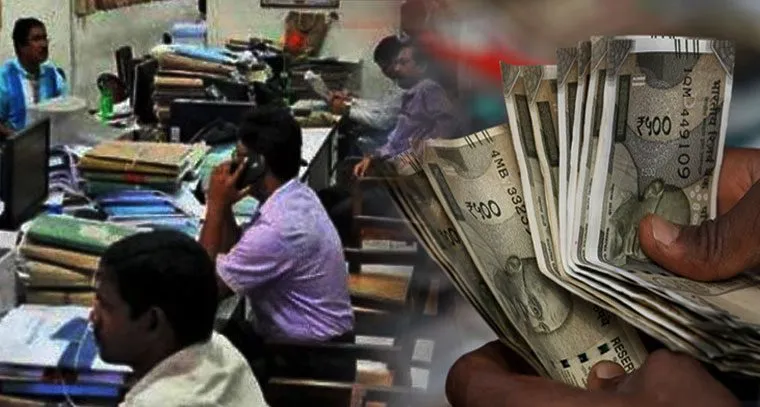
8th Pay Commission: The central government had approved the 8th Pay Commission earlier this year. According to media reports, the members of the Pay Commission may also be announced soon. Currently, central employees are getting salary as per the 7th Pay Commission, whose tenure will end on January 1, 2026.
When will the 8th Pay Commission be implemented?
After the approval of the 8th Pay Commission, Information and Broadcasting Minister Ashwini Vaishnav had indicated that the recommendations of the new Pay Commission will be ready by the end of 2025 and they can be implemented from January 1, 2026. However, the members have not been announced yet. In such a situation, it is possible that the recommendations of the 8th Pay Commission may be implemented in 2027 instead of 2026.
The reason for this is the time taken for the final report to come after the formation of the Pay Commission. According to old records, it can be from 18 to 26 months. The report of the 6th Pay Commission came in about 18 months. Whereas, the 7th Pay Commission submitted its final report 26 months after its formation.
When will the increased salary and pension be received?
Experts believe that the tenure of the 7th Pay Commission is ending on January 1, 2026, so central employees can get their salary and pension after this as per the 8th Pay Commission.
If there is a delay in the formation of the 8th Pay Commission and it submits its report around 2027, then the government can consider giving arrears. In such a situation, government employees and pensioners can get the increased salary and pension in the form of arrears by linking it with January 1, 2026.
What changes will happen in the salary structure?
The fitment factor in the 7th Pay Commission was 2.57. This increased the minimum basic salary from ₹7,000 to ₹18,000. In the 8th Pay Commission, the fitment factor may increase to 2.86. On this basis, the minimum basic salary can reach from ₹41,000 to ₹51,480 per month.
However, former Finance Secretary Subhash Chandra Garg had said in an interview that the government can approve a fitment factor between 1.92 to 2.08 in the 8th Pay Commission. If the fitment factor remains 1.92, then the minimum basic salary will increase by about 20% and it can go up to ₹ 34,560. At the same time, there will be an increase of about 30% at 2.08 and the minimum basic salary will reach ₹ 37,440.
Will state employees also get the benefit?
State governments are not bound to implement the recommendations of the Central Pay Commission, but most states adopt these recommendations with slight changes. However, state governments can make some changes in it on their own.
Just as Maharashtra and Tamil Nadu implemented the 7th Pay Commission with their own conditions, it is likely that the 8th Pay Commission will also affect state employees.